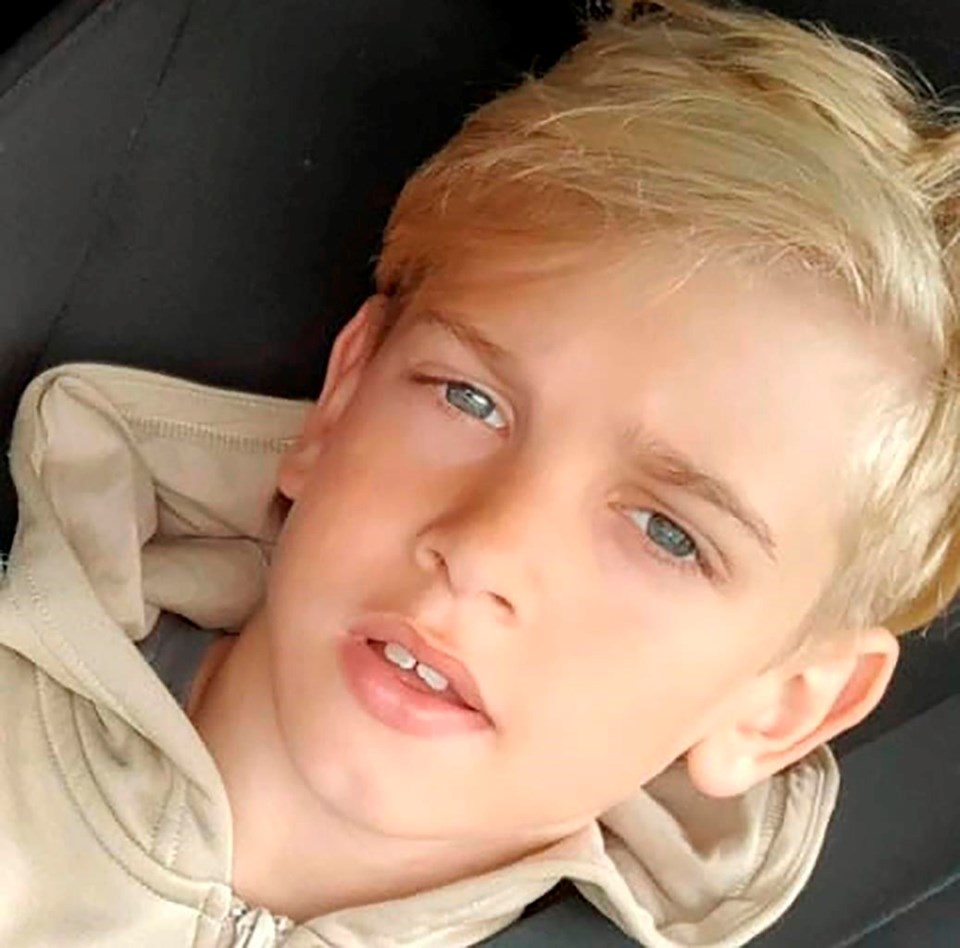LONDON (AP) — The European Court of Human Rights on Wednesday refused a request from the family of a comatose British boy to intervene and prevent his life-support treatment from being ended.
Archie Battersbee, 12, was found unconscious at home with a ligature over his head on April 7. His parents believe he may have been taking part in an online challenge that went wrong.
Doctors believe Archie is brain-stem dead and say continued life-support treatment is not in his best interests.
His parents, Paul Battersbee and Hollie Dance, have fought unsuccessfully to get British courts to block the Royal London Hospital turning off the boy’s ventilator and stopping other interventions that are keeping him alive.
Dance said the family’s lawyers submitted an application to the Strasbourg, France-based European human rights court hours before the hospital planned to begin withdrawing Archie’s life support on Wednesday morning.
The court said it would not “interfere with the decisions of the national courts to allow the withdrawal of life-sustaining treatment from (Archie) to proceed."
Earlier, Dance said the family "will not give up on Archie until the end.” She said the family was considering offers from Japan and Italy to treat Archie.
“There’s other countries that want to treat him and I think that he should be allowed to go," Dance said.
Speaking outside the hospital, Dance claimed the family was "up against the whole system.”
“I promised Arch, same with his dad, that we will fight till the bitter end, and that’s exactly what we’re going to do," she said.
The case is the latest in the U.K. that has pitted the judgment of doctors against the wishes of families. In several cases, including this one, the families have been backed by a religious pressure group, Christian Concern.
Under British law, it is common for courts to intervene when parents and doctors disagree on the treatment of a child. In such cases, the rights of the child take primacy over the parents’ right to decide what’s best for their offspring.
The U.K. Supreme Court said Tuesday that Archie had “no prospect of any meaningful recovery,” and even with continued treatment would die in the next few weeks from organ and heart failure. The judges agreed with a lower court that continuing treatment “serves only to protract his death.”
Alistair Chesser, chief medical officer for Barts Health NHS Trust, which runs the hospital treating Archie, said life-support treatment would continue for now.
“As directed by the courts, we will work with the family to prepare for the withdrawal of treatment, but we will make no changes to Archie’s care until the outstanding legal issues are resolved," he said.
Jill Lawless, The Associated Press


